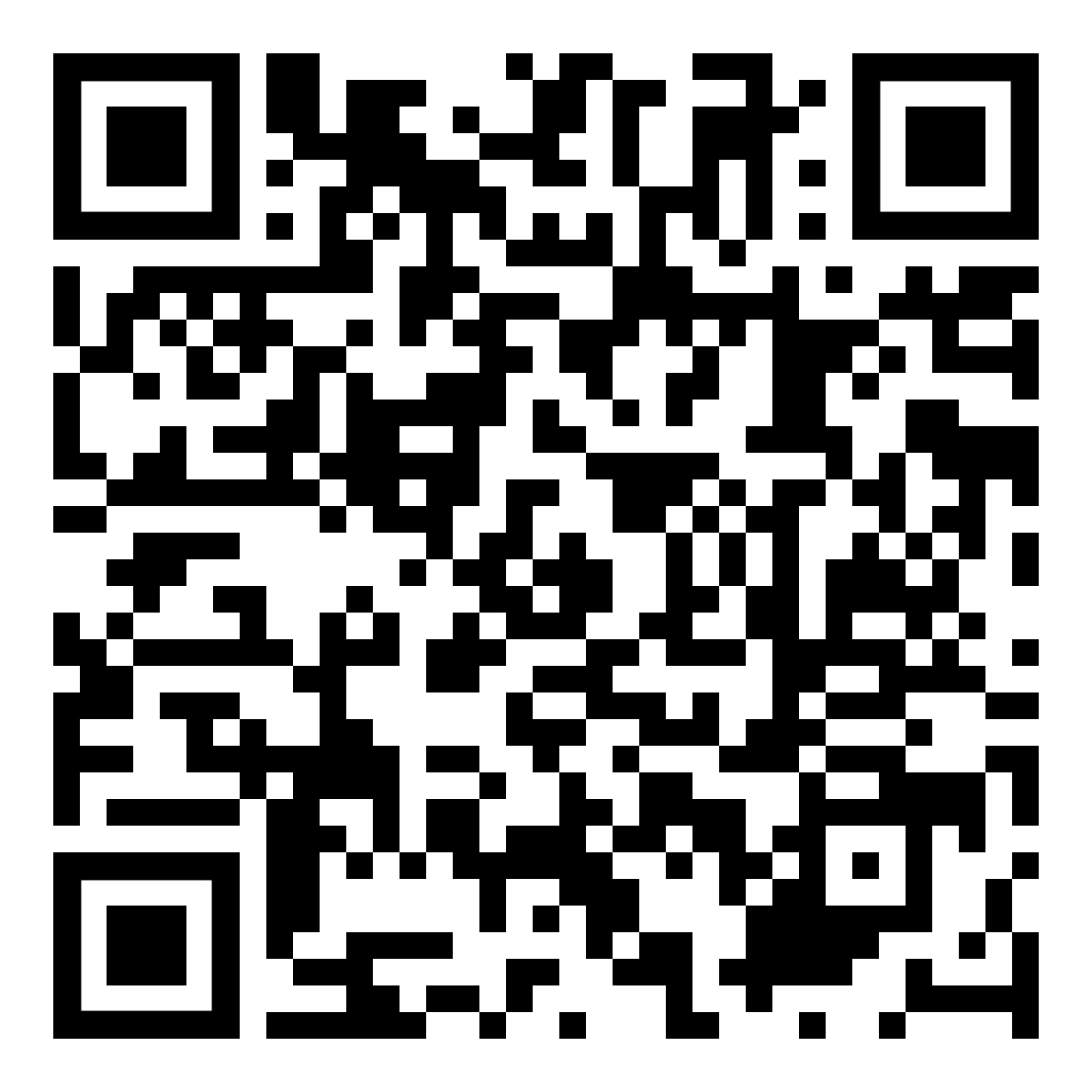Conteúdo do artigo principal
mai 28, 2024
Resumo
INTRODUCCIÓN. En la actual era digital, el aprendizaje-servicio en línea contribuye al enriquecimiento académico y al crecimiento personal de los estudiantes, a través de la colaboración con y para la comunidad. Aunque su papel es innegable, este campo sigue estando muy poco estudiado en la enseñanza superior. El propósito de este artículo es explorar la evolución y las tendencias emergentes en la investigación del aprendizaje-servicio en línea. METODOLOGÍA. A través de un análisis bibliométrico, se trazó su trayectoria desde 2004 hasta 2023 utilizando la base de datos Web of Science. La investigación utilizó R con la función bibliométrica y el software VOSviewer para analizar los patrones de publicación, la evolución temática, las contribuciones geográficas y las redes de coautoría. RESULTADOS. Se examinaron 264 artículos, que mostraron un crecimiento constante de las publicaciones con un pico en 2021, lo que refleja el cambio hacia el aprendizaje en línea durante la pandemia COVID-19. Los principales contribuyentes procedían de EE.UU. y China, con escasa representación de otras regiones. Las redes mostraron patrones activos de coautoría. Se identificaron grupos temáticos en torno a la "educación", el "aprendizaje electrónico" y el "aprendizaje-servicio". DISCUSIÓN. El cambio global hacia las modalidades digitales ha puesto de relieve el aprendizaje-servicio en línea como elemento clave de las estrategias educativas modernas. La profundización en este campo enriquecerá las prácticas pedagógicas en diferentes entornos educativos. A pesar de algunas limitaciones, este análisis pone de relieve la evolución del aprendizaje-servicio en línea, identifica áreas de investigación y hace hincapié en la colaboración en la investigación del aprendizaje-servicio en línea.
Downloads

Este trabalho está licenciado sob uma licença Creative Commons Attribution-NonCommercial-NoDerivatives 4.0 International License.
Los lectores/as pueden copiar, mostrar, y distribuir este artículo, siempre y cuando se de crédito y atribución al autor/es y a la Revista Diálogos Educativos; se distribuya con propósitos no-comerciales; y no se altere o transforme el trabajo original.











